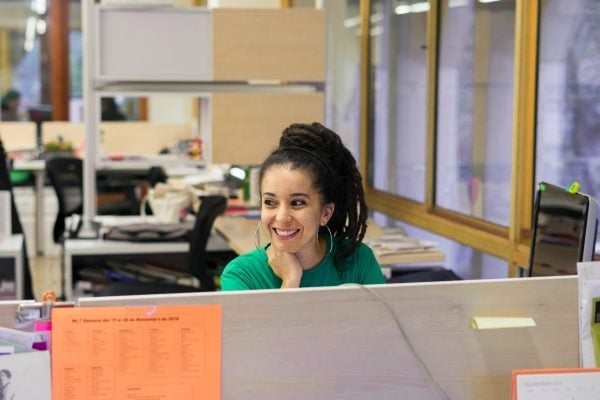

When it comes to super, for most of us, it’s not something we think about until landing our first ‘real’ job. Maybe not even then either.
Sure, you might’ve accumulated some super while working part time through school and uni, but it’s not until you’re on the front step of your shiny new career that you start to think it might be important – especially when your employer starts talking to you about your salary package.
So what do you really need to know about super to set yourself up for success in the long run? Mamamia spoke to Damian Lillicrap, the Head of Investment Strategy for QSuper, who is also known as the Bare Naked Economist, to find out the best actionable tips when you’re starting out.
1. What do I need to know about super when starting out?
The first thing to note is that for most people their super, along with their house, will be one of their largest two assets. It’s too important not to do a little bit of homework about, as you would a new house, says Lillicrap.
There are a couple of things you need to consider when you first start contributing to super: 1) how much you will contribute, and 2) the investment performance you receive after fees. These will be the two biggest factors that determine how much money you accumulate for retirement.

